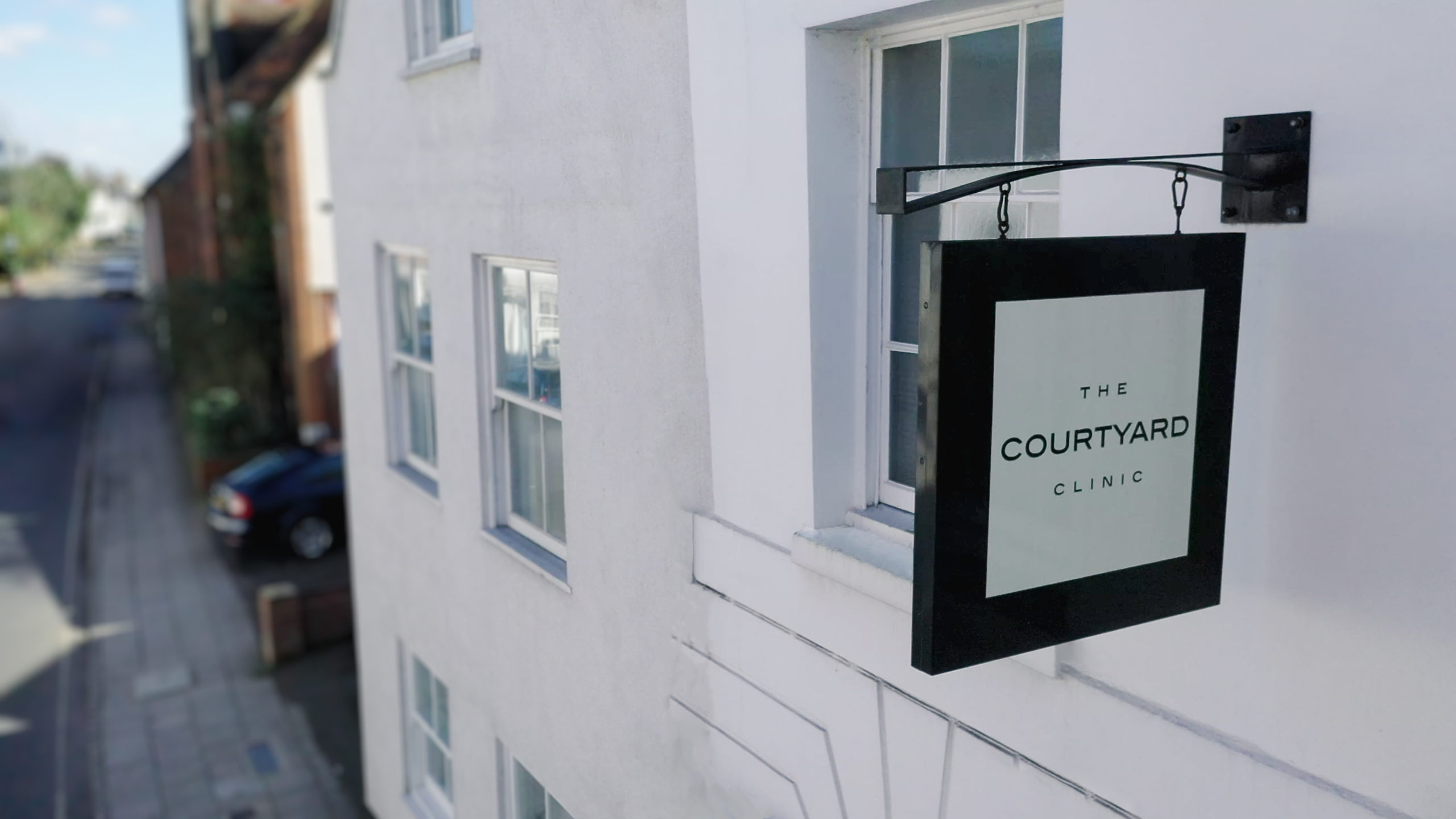Nocturnal enuresis is the medical term for night time bed-wetting, or involuntary loss of urine during sleep and is socially unacceptable. Normal bladder control occurs by age 3 – 4. It is considered medically abnormal when a child over age 5 chronically wets the bed.
The exact cause of bed wetting is frequently unknown, so bed wetting is often “managed” and not cured.
Possible causes in modern medicine include genetic inheritance, reduced bladder activity, sleep disorders, abnormal secretion of an anti-diuretic hormone, psychological abnormalities, neurologic dysfunction, bacteria in the urine and diet.
FACT: Children with ADHD are 2.5 times more likely to be bed-wetters
FACT: Adolescents aged 12-16 years, referred for psychological pathology study, (depression, ADHD) were 7 times more likely to wet the bed than controls.
There is a very well established relationship between bedwetting and snoring and sleep apnoea
Studies show that nocturnal enuresis – bedwetting – is common in children with obstructive sleep apnea.
The symptoms of sleep apnea vary between children. Almost all of these children have significant snoring. As they sleep, you may notice that they seem to stop breathing for more than ten seconds. This is followed by a gasp or partial arousal and then the snoring begins again. During these episodes, the amount of oxygen taken into the body drops significantly.
This causes the heart to pump harder to pump enough oxygen to the body. In turn this is recognized by the heart as increased volume of fluid in the body and produces a hormone call ANP (Anti-Natriuretic Peptide) that causes kidneys to excrete more water and therefore more urine forms leading to increased urination.
Also, there are four stages of sleep and a hormone called ADH (antidiuretic hormone) is produced in the fourth stage of sleep. However children and adults with sleep apnoea never reach the fourth stage of sleep due to constant awakening episodes and therefore ADH is not released. The function of ADH is to prevent urination and if it is not produced then it results in urination and therefore in kids who are young resulting bed wetting
Dental Intervention of Children who Bed Wet
• Rapid Palatal Expansion – a form of orthopaedic orthodontics that widens the roof of the mouth, can turn mouth breathers into nose breathers and is about 80% – 100% effective in reducing chronic bed-wetting in children in about one to three months. Research shows that a lack of oxygen (sleep apnoea) due to upper airway obstruction (tonsils and adenoids, small upper jaw or small lower jaw which leads to crooked teeth) can cause bed wetting. Reversing the airway obstruction or increasing blood oxygen levels may stop it.
• Removing tonsils and adenoids opens the airways and reduces bed wetting.


